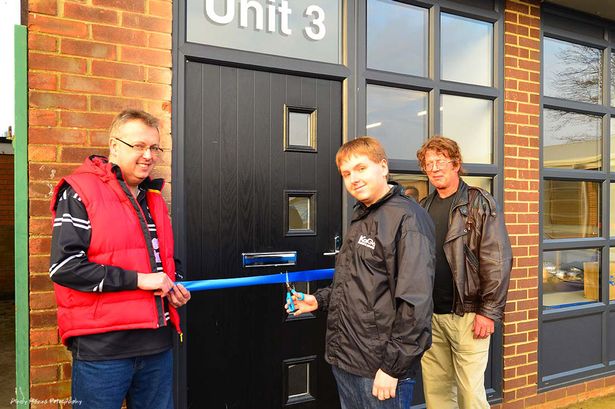Home
About Us
Page 2
The guidelines of the program will give priority to community-based research practices and will encourage the inclusion and attention to the needs of special populations (elderly, low SES, disparities, rural, second language populations).
|
|
The NIH and NIDCD are set to administer several awards depending on the number of meritorious applications.
The organizations and institutions which will be considered eligible to take part in this program are the following:
a) Higher Education Institutions such as Public/State Controlled Institutions of Higher Education and Private Institutions of Higher Education
b) Hispanic-serving Institutions, Historically Black Colleges and Universities (HBCUs), Tribally Controlled Colleges and Universities (TCCUs), Alaska Native and Native Hawaiian Serving Institutions
c) Nonprofit organizations other than institutions of higher education
d) For-Profit Organizations such as Small Businesses
e) State Governments, County Governments, City or Township Governments, Special District Governments, Indian/Native American Tribal Governments (Federally Recognized), and Indian/Native American Tribal Governments (Other than Federally Recognized)
f) Independent School Districts, Public Housing Authorities/Indian Housing Authorities, Native American Tribal Organizations (other than Federally recognized tribal governments), Faith-based or Community-based Organizations, and Regional Organizations.
Development of Measures to Determine Successful Hearing Health Care Outcomes
Back to Page 1
About The Author Iola Bonggay is an editor of TopGovernmentGrants.com one the the most comprehensive Websites offering information on government grants and federal government programs. She also maintains Websites providing resources on environmental grants and grants for youth programs. |
Additional Resources
category - Health Grants
Pilot Surveillance System for High Impact/Low Prevalence Congenital and Inherited Conditions Program
Grants form the Department of Health and Human Services
Planning Grants for Hubs of Interdisciplinary Research and Training in Global Environmental and Occupational Health Project
Grand Challenges in Global Mental Health: Integrating Mental Health into Chronic Disease Care Provision in Low- and Middle-Income Countries
Follow @topgovtgrant
Social Entrepreneurship
Spotlight
Hexham Social Enterprise Launches Workshop to Provide Training for the Unemployed

A Gilesgate-based shop and community facility, Hexham’s Core Music, launches a separate workshop where up to six people will be trained how to repair guitars and make ukuleles. The European Social Fund grant supported the project and has secured funds through the County Durham Communication Foundation to equip the workshop in Burn Lane.
